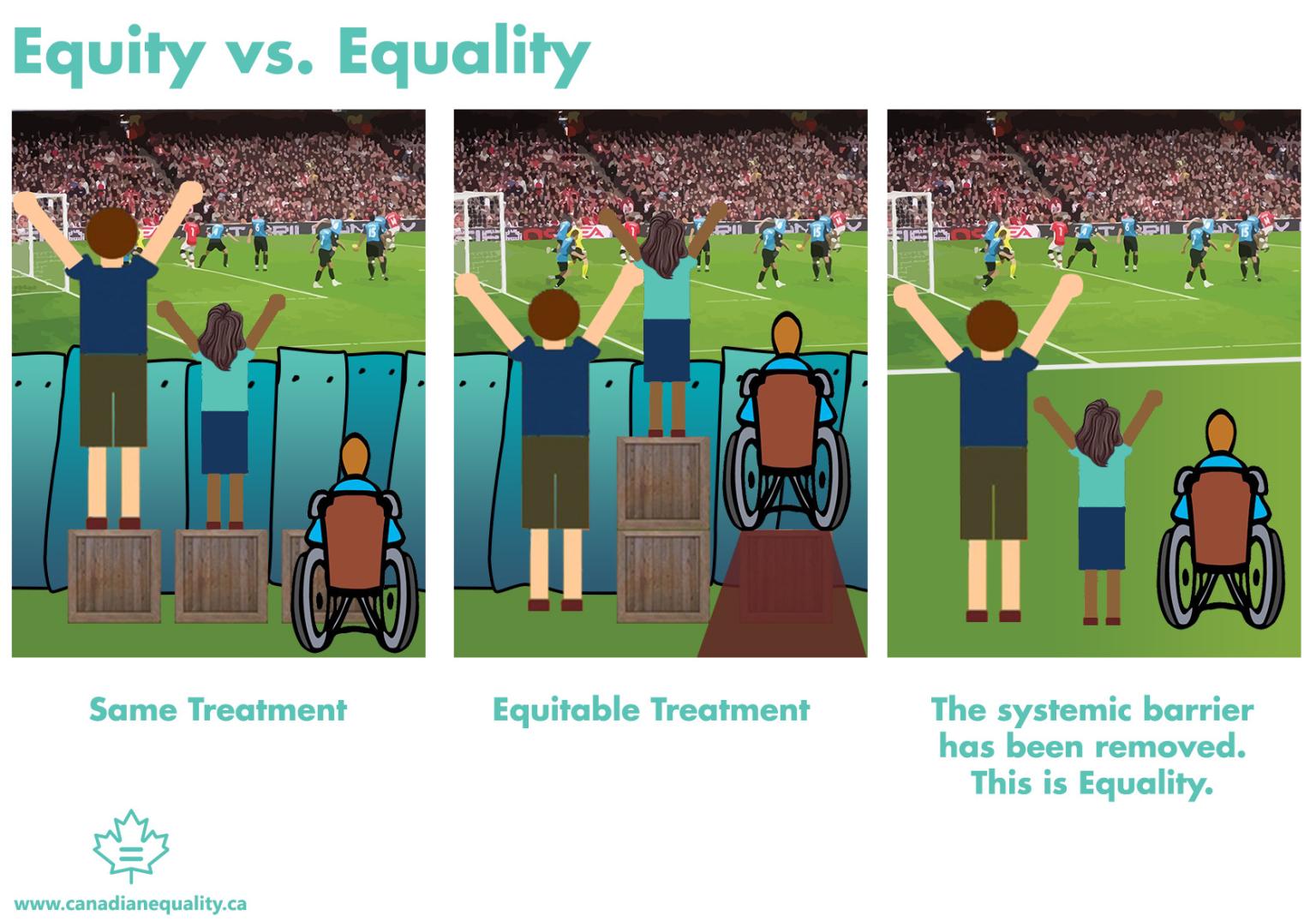# It's 2059, and the Rich Kids are Still Winning
Author: [[Ted Chiang]]
Tags: #literature
URL: https://www.nytimes.com/2019/05/27/opinion/ted-chiang-future-genetic-engineering.html
Reading this short story by Ted Chiang for an upcoming interintellect salon.
Basically it's a fictional op-ed discussing the efforts of the Gene Equality Project, a project that makes intelligence gene improvements (already available and popular with the "upper class") accessible to the "lower-class". Despite the lower-income groups getting the same access to these intelligence gene operations as the high-income groups, the lower-income kids are still not "succeeding" at the same level. Why? This quote is a doozy: "Cognitive enhancements are useful only when you live in a society that rewarsd ability, and the United States isn't one."
The feedback loop available only to the wealthy - a child that demonstrates aptitude and skill is showered with even more resources to succeed, making it more likely for them to succeed. Throughout life they gain more connections, influence, wealth, and ultimately, success. But if lower-income children demonstrate the same aptitude and skill, they will not get the same positive feedback loop of more resources, connections, influence, wealth, and success, because their families and society couldn't provide them with it.
It's directly related to that argument around equality vs equity, and less directly related to that argument around equality of outcome vs equality of opportunity.
Equality vs equity - providing the low-income children with the same genetic improvements as the high-income children is an attempt to balance biological intelligence. More equality than equity.
But addressing the structure that allows the high-income children to succeed, which the simplest explanation would be to provide the low-income children with the same resources, connections, and influence as their wealthier peers,would be an attempt to provide them with the same opportunities. More equity than equality.
I think ppl get tripped up here because some want equal outcomes. Frankly, I think that's impossible, and potentially not even desirable? My ideal is equal opportunity. But even with equal opportunity, very difficult to achieve without providing the low-income kids with the exact same wealth and circle of the high-income kids. this is a headscratcher.

Chiang sums it up succinctly and I'm inclined to agree with him. "Our goal should be to ensure that every individual has the opportunity to reach his or her full potential, no matter the circumstances of birth. That course of action would be just as beneficial to humanity as pursuing genetic cognitive enhancements, and it would do a much better job of fulfilling our ethical obligations."
Ofc it is complicated by the question of how we define full potential? There is some biological limit to potential, I am guessing. but structurally, which is to say, the limit to potential that is affected by environment---**is it possible to extricate this concept of potential from the circumstances of birth?**
kind of brings up the question of if there is more to intelligence than biology, which I would guess there is although I really don't know, which could bring up another question around epigenetics. to what extent nurture, and our environment and food, affects nature, our DNA.